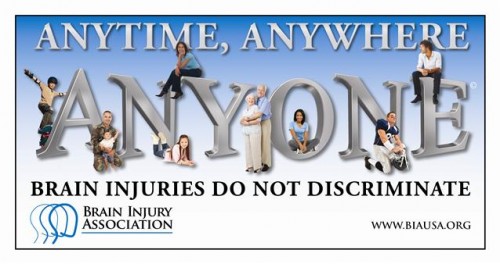Traumatic brain injury, often referred to as TBI, is most often an acute event similar to other injuries. That is where the similarity between traumatic brain injury and other injuries ends. One moment the person is normal and the next moment life has abruptly changed.
In most other aspects, a traumatic brain injury is very different. Since our brain defines who we are, the consequences of a brain injury can affect all aspects of our lives, including our personality. A brain injury is different from a broken limb or punctured lung. An injury in these areas limit the use of a specific part of your body, but your personality and mental abilities remain unchanged. Most often, these body structures heal and regain their previous function.
Brain injuries do not heal like other injuries. Recovery is a functional recovery, based on mechanisms that remain uncertain. No two brain injuries are alike and the consequence of two similar injuries may be very different. Symptoms may appear right away or may not be present for days or weeks after the injury.
One of the consequences of brain injury is that the person often does not realize that a brain injury has occurred.

